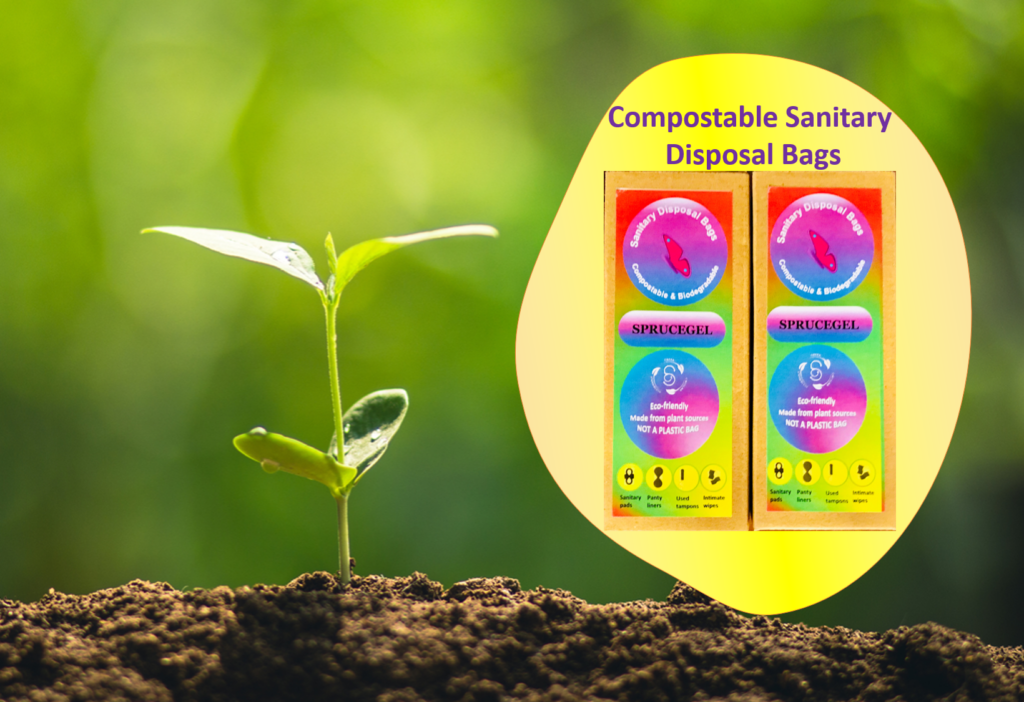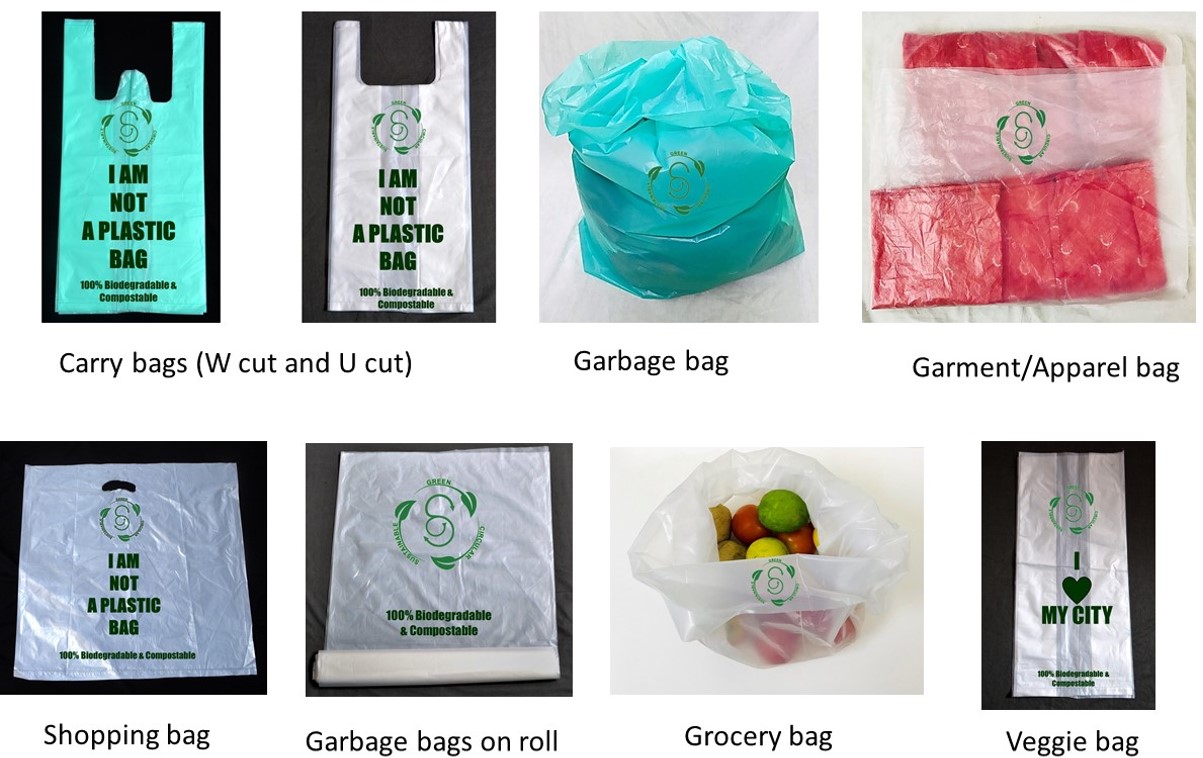The discovery of plastic was done by Leo Hendrik Baekeland in 1907 which had changed the face of the world and the lifestyle of people. Plastics have made our lives comfortable and easier but these synthetic polymers have a devastating effect on nature and our plants henceimpeding the biodiversity existing on Earth.
In an interview with Dr Premnath Basa, a material scientist and the co-founder of Sprucegel, an eco-friendly organization that aims to bring forth ‘green and sustainable products as an alternative for plastic. He explained the functioning of their company and shared insights into how they came up with their brand name, ‘SPRUCEGEL’. Here SPRUCE means- an evergreen pine tree with a conical head of dense foliage and GEL is an acronym that stands for G – Green, E – Eco- friendly, L – Low carbon footprint. He further stated- “All our products are 100% compostable as well as involve zero plastic sources or natural plant-based sources.”
The decomposability of these products takes up to 180 days, causing negligible pollution. Furthermore, Sprucegel products are well distinguished as compostable waste- as natural and municipal waste with the help of proper tagging and labelling. Dr Basa elaborated on “non-recyclable and non-biodegradable regular plastic products which take up to 500- 600 years to get decomposed and. Since microplastic is robust, it gets deposited as ocean waste. These microplastics produce BPA- Bisphenol-A, a chemical that causes hormonal imbalance when it comes in contact with water. As well as these microplastics are petroleum-based and for single use only, besides the fact that it causes environmental pollution, it plays a major role for price hike of petroleum”.

He stated, “Countries like Europe, America, Australia, China, and Japan have already switched to Bio- Plastic and have banned single-use plastic ” intending to become 100% eco-friendly Sprucegel has launched 3 Packaging bags which are –
- Garbage bags – these are green-colored bags for compostable waste.
- Carry bags – biodegradable
- Disposal bags – for sanitary pads, diapers and other disposables.
Besides that, Dr Basa informed us about the statement given by the government of India “to enforce pad making companies to provide disposable bags for sanitary pads since they cause great harm to the environment if not disposed off properly,” Sprucegel has been working on these regulations given by the government. They have attained license and Central Pollution Control Board approval to make these eco-friendly bags. He further added, “The careless use of masks these days and their disposal has led to a rapid increase in the pollution levels. These masks have polypropylene because these masks cannot be recycled, hence leading to environmental damage which is a threat to ecological sustainability. So we as responsible people should be sensitive to our environment and protect it at all costs because whatever we throw will come back to us as per Newton’s third law that states every action has an equal and opposite reaction.”
The journey to save the environment and to come up with an alternative to plastic was difficult. They had to encounter a lot of challenges and obstacles. The biggest problem that Sprucegel faced was the costing of raw material for making bioplastic, which involved imports from countries such as Europe and China resulting in relatively higher costing. Another challenge was the lack of awareness amongst the people of suburban areas, as bioplastic was a new concept for them and its acceptability was low. With the help of regular awareness programs and self-help groups, they could spread a word of awareness amongst the masses.
Further, he introduced the concept of “CIRCULAR ECONOMY” based on three principles: first, “The design model, its major focus was to create low wastage and reduce the level of pollution.” Second, “Maximum utility- as it helps in uplifting the economy.” Last, and “Regenerate and Recycle.” These factors regulate the economy and have been proven beneficial for the environment.
Dr Basa concluded by saying, “One should think about the future generation and contribute to making the world a better place to live in. The ongoing pandemic has taught us we don’t need to wait for destruction to mend our ways. Nature has already given us multiple warnings and signs of danger. It is prime time to act before going to a point of no return. It’s our Earth and we need to take care of it.”
Written By – Jeet Sandhu

